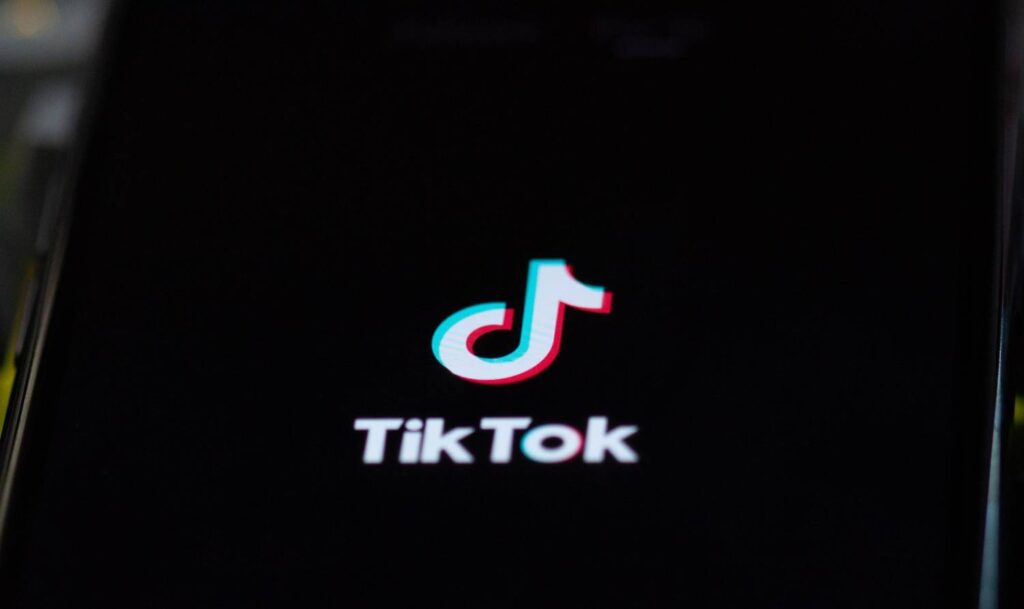Generation Black TV - Live
The TikTok Effect: Gen Z Turns to the App for News Nuggets
These days on TikTok, one-minute summaries, storytimes, and get-ready with me (GRWMs) compete with newscasters for the attention of Gen Z audiences.
Used to search on the internet for whatever piqued their interest from a young age, Gen Z prefers personalized experiences when it comes to consuming news content.
This is backed up by a survey performed by British market research and data analytics company, YouGov. The survey discovered that 71% of Gen Z prefer personalized experiences, like podcasts, or bite-sized news capsules like TikTok videos or Instagram reels. The more to the point and on-topic the content, the better.
This has led to TikTok influencers unintentionally overtaking journalists as the primary news sources for young people for the last months, and there’s another underlying reason why.

Younger audiences want someone they “know”, or at least feel that they know, to bring them their news, rather than faceless news outlets or journalists they barely know about.
After all, Gen Z tends to distrust corporations more than other generations. And what are news outlets? Media corporations, more often than not. The exception to this rule is independent media or journalists that are also on TikTok, Instagram, or X because they already have a social media platform to leverage.
But over-focusing on content creators as a news and information source opens the door to more misinformation than ever. A recent example of such consequences is the supposed death of 16-year-old influencer Lil Tay. Back in August, a message on Lil Tay’s Instagram account claimed that she and her brother Jason had died unexpectedly. The day after, Lil Tay shared a statement with TMZ saying that not only her and Jason were alive and well, but that her Instagram account had been hacked, explaining the previous statement.
While this seems like a minor example, it could lead to even worse fake news scenarios down the road, as was the infamous case of Deuxmoi. This celebrity gossip account amassed millions of followers during the pandemic for releasing insider celebrity rumors mass media would never dare touch upon.
It all seems like a modern-day Gossip Girl, except for the account’s notorious tendency to get its rumors wrong. During the search for the missing submersible back in June, the account posted that all five passengers were found alive when it was later confirmed that all had died within hours of the trip.
In an environment inundated with misleading information and fake news, Gen Z prefers creators who provide them with accurate news through personalized content, although ironically, these could end up providing them with even more fake news.
Does this make future generations prone to misinformation more so than older ones?
Not necessarily, as long as they’re capable of fact-checking whatever they dig up on TikTok with a verified source afterward.
While no one can deny the convenience of having complicated news explained to you in less than a minute, it’s always a good idea to double-check the creator’s sources before believing them.
For the latest update:
Google App Store: https://play.google.com/store/
By- Sebastian
What's your reaction?
Comments are closed.


